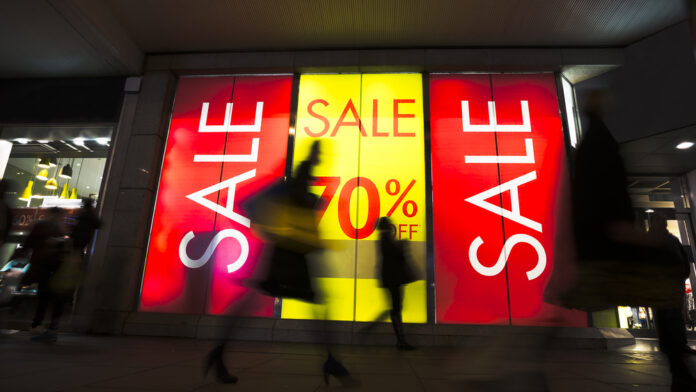The post-pandemic era is ushering in new shopping habits across the world, and companies must monitor them closely to address and adjust to their customers’ evolving needs, according to global market research firm Mintel.
In a new report, Mintel said emergence from the pandemic and growing financial uncertainty are this year’s biggest shapers and influencers of shopping behavior.
In the Philippines, sharply rising inflation averaging 8.1 percent last year from only 3.1 percent in 2021 represents an area of concern among consumers even as regulators insist the long-haul outlook on prices is favorable for retail buyers.
According to the consumer research firm, among the most notable global consumer trend is the eagerness of people to refocus on themselves after two years of making public health and safety their top priority.
Companies can respond to this growing need of people to celebrate their individuality by offering new opportunities for experimentation and self-expression.
For example, in response to this trend, a wallet-friendly beauty brand is helping consumers explore new products based on their zodiac sign, while another brand is allowing shoppers to personalize its fragrances and scarves, Mintel said.
The pandemic has affected consumers in other ways, one of which is to make them feel increased stress, anxiety, and burnout as the world reels from one crisis to another.
To ease shoppers’ financial pressures, companies should continue to offer solutions to manage costs and tap into their demand for escapism, the report said.
While mental health led the wellness trajectory, particularly after the pandemic, moving forward, consumers will want to discover more about how to protect their minds and bodies, developing a curiosity for spiritual and ritual practices as well as emerging wellness solutions that are on the horizon.
Moreover, the report observed the strong impact of inflation on buying attitudes. “In many regions, consumers are emerging from the pandemic into the cost-of-living crisis, with many experiencing financial strain over inflation and rising energy prices. As the economic forecast appears negative in many regions, lower-income and even financially secure consumers will want to prepare for impending changes,” said Mintel.
The report found that companies have been actively reacting to this trend. For example, eateries and cafeterias in Malaysia have started offering economical “nasi inflasi” (inflation rice) meals—consisting of rice, vegetables and protein per plate—to help consumers struggling with the rising cost of food.
At the same time, consumers are expected to focus more of their attention on factors like flexibility, durability and sustainability as part of their value equation this year. “As they face a tough economic environment, consumers want to make smart financial choices without sacrificing their quality of life,” said Mintel.
To address price increases across all categories, consumers are forced to continually re-evaluate their priorities and their budgets. From “Let’s try this brand instead, it’s a little cheaper” to “Let’s see if I can go without it this month,” consumers are exploring, comparing, and removing items from their carts to ensure their needs for today and goals for tomorrow can be met, Mintel said.
“The next 12 months will be intensely competitive as brands seek to gain new or retain existing consumers through value-for-money propositions. “From bulk discounts and price freezes to more mass brands stepping up with premium cues (eg, aesthetics, scents, effectiveness of ingredients or sustainability), consumers will be drawn to the products that provide the best bang for their buck,” said Mintel.
Another notable development is the continuing attraction of localism for consumers. Amidst so much global uncertainty, Mintel predicts a greater movement to protect local resources and boost local business.
“This is a hangover from the pandemic, but also a reflection of consumers’ changing attitudes towards what’s important to them—a reconnection with ‘local’ is also a way for consumers to protect themselves financially, environmentally and psychologically, and feel that they are giving back in some way,” the report said.
Companies can respond to this by not only continuing to take inspiration from local favorites but also by increasingly linking localism with sustainability and transparency.
Alongside that, companies should strive to be more transparent about where and how their products are made by letting consumers look behind the scenes via livestreams, social media posts and QR codes, the paper said.







